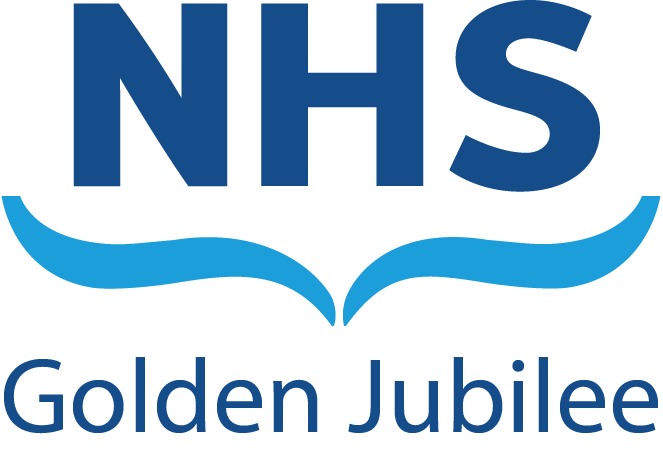Heart Surgery
Heart Surgery patient journey
Consultant Appointment
When you are referred to the Golden Jubilee National Hospital you will be given an appointment to see a Cardiac Surgeon.
At this consultation the surgeon will look at your medical history, tracings of your heart (ECG), X-rays and scans and examine you. From this information the surgeon will discuss the appropriate treatment options with you.
If surgery is planned, the surgeon will discuss in detail the operation, explaining all the associated risks and complications and begin the process of informed consent.
You may also see an anaesthetist who will explain the anaesthetic and pain relief choices available to you.
If surgery is planned, you may stay for the Pre-Assessment Clinic or come back on another day for the pre-operative clinic at the Golden Jubilee National Hospital.
Pre-Assessment Clinic
The Golden Jubilee National Hospital’s heart surgery pre-assessment clinic is run by experienced nurses and healthcare assistants.
The aim of the clinic is to determine if you are medically fit for surgery. The whole process usually takes three to four hours and we aim to have everything done on that day but some patients may have to come back another day for further tests.
You will receive a Cardiac Information Booklet. You should read your booklet before your operation to help you prepare for your operation and your recovery.
Attending clinic
Bring all medication that you are taking in its original packaging.
The nurse will examine you, ask you questions about your medical history, and take blood samples.
Tests you might get at clinic include:
Blood tests – such as full blood count, blood clotting tests and kidney function tests. This can tell us what is normal for you and identify any conditions such as anaemia that may need corrected before surgery.
X-ray – we may need to get an up to date chest X-ray.
Urine test – this is to screen for infection. If positive, a course of treatment will be given and you will be re-tested again before surgery. Infections can delay your operation and it is important to get them treated.
MRSA and Carbapenemase-producing Enterobacteriaceae (CPE) tests – Infections can delay your operation and it is important to get them treated. If positive, a course of treatment will be given and you will be re-tested again before surgery.
ECG - This test is used to detect problems with the heart such as an abnormal heart rhythm. It may be carried out before your operation if you are over 60 with chest pain or a history of heart disease and you are undergoing major surgery.
Lung or Pulmonary Function Tests – this measures how well your lungs are working. This test may have already been done at your local hospital but we may need to get more up to date results.
Echocardiogram – this is an ultrasound of the heart.
Carotid Doppler test – this is an ultrasound of the carotid arteries in the neck.
Admission
3 East is the Cardiac ward.
Most patients are admitted to the ward the day before surgery and some are admitted to the Surgical Day Unit on the day of surgery. Your admission letter will tell you what time and which ward to come to.
All heart surgery patients go to Critical Care after their operation, and will stay there overnight. You may be moved to Ward 3 East the day after your surgery.
Discharge
The discharge planning process begins at the pre-operative clinic. We will ask about your home circumstances and transport arrangements at clinic and again when you come in for your operation. After you have been to outpatient clinic this is a good time to start planning who will help at home and who will take you to and from the hospital.
When you have met the discharge criteria found in your patient booklet, for example, you have achieved your therapy goals and have adequate pain control, you will be discharged home. Patients normally go home four to six days after their operation or sooner.
All necessary medication will be given to you before you go home.
Follow-up
You will have a routine follow-up appointment between six and eight weeks after your operation. We will write to you after you are discharged home to confirm your follow-up appointment.

